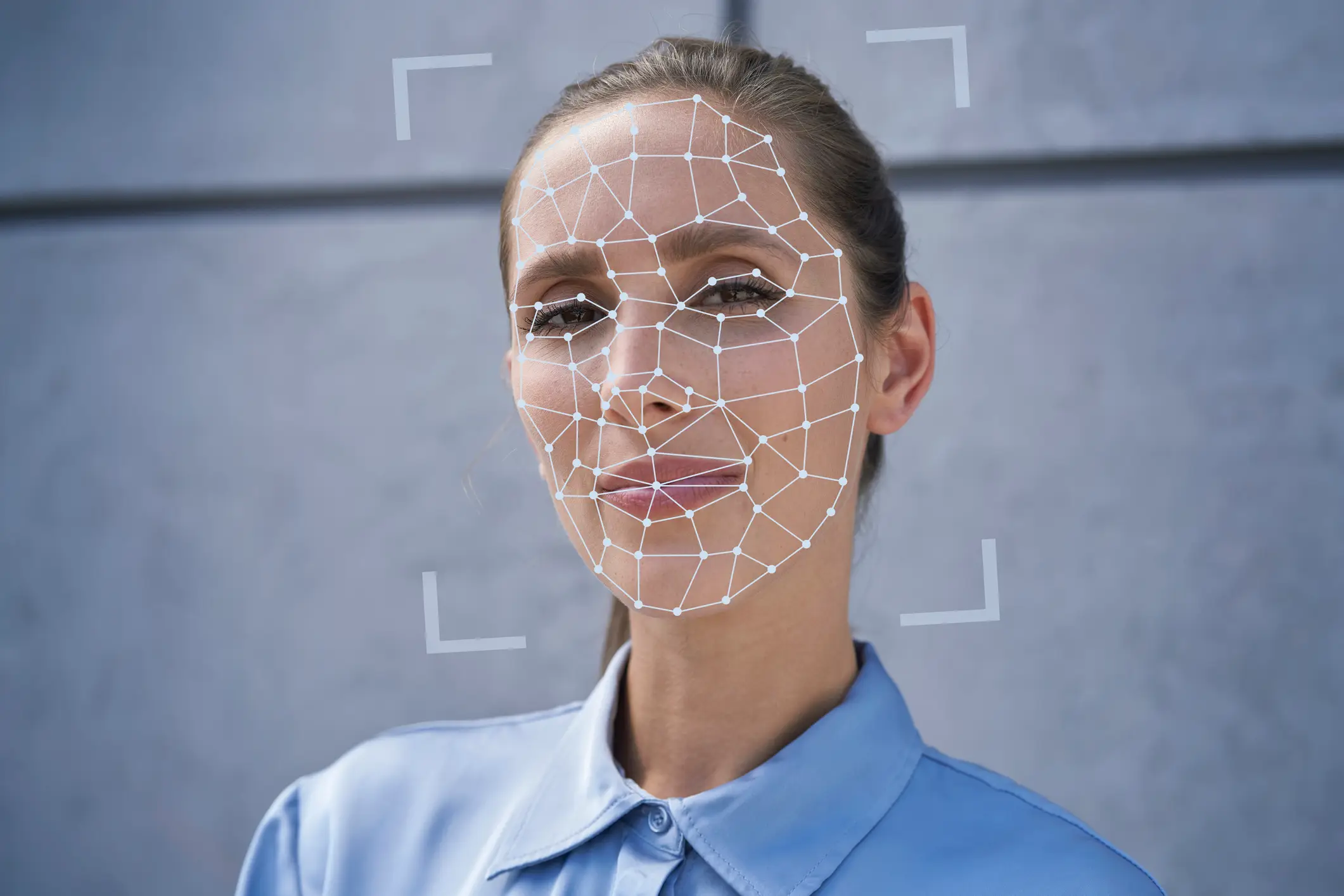
We've all spent so much of our lives online, it's hard to know how many pictures of us are actually out there.
Well, if you were desperate to find out, there might be a quick new way to find out using an AI-enhanced program.
One of the tasks that AI can be very good at is looking at an image and then finding others that are very similar to it - kind of like how facial recognition works in the first place.
Now a website called PimEyes lets you use AI to search for every image of yourself on the internet.
Advert

It works pretty simply - you just need to upload a clear photo of your face to the website, and then it runs a search.
Just like Google Images, it gives you a large results page with every image it has found, some of which should be photos of you (although its accuracy can be a little hit and miss).
These images will also tell you where they were found, letting you scan through the results to see if there are any surprising ones that you didn't know about.
For your own use, this has some obvious upsides, since you could contact sites that are hosting your image without permission and request that they take it down.
However, it could also have less salubrious use cases, since there's nothing technically stopping you from uploading a photo of someone else's face, to let you see all the places you can find their images.
That's creepy as heck, and meaning some people have called PimEyes a 'stalker's dream'.

There is at least one way around this problem - PimEyes lets you get in touch with a photo of yourself and proof of your own ID (a photo of your passport or photo ID) to request that your photos be removed from all future searches by anyone else.
All in all, it's a great example of how these AI tools can be double-edged swords. PimEyes could well be super useful in the hunt for missing people, or for helping victims of revenge posting or stalking to find places where they're being targeted and issue takedowns.
However, the fact that it could also be used in a more negative way is disheartening.
This will most likely just be one of many such tools that pop up in the next few years, so this sort of quandary is probably going to become more common.